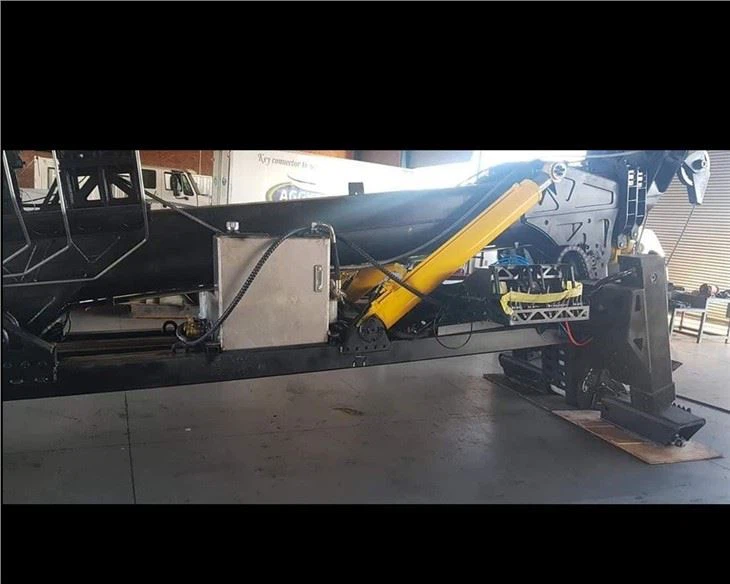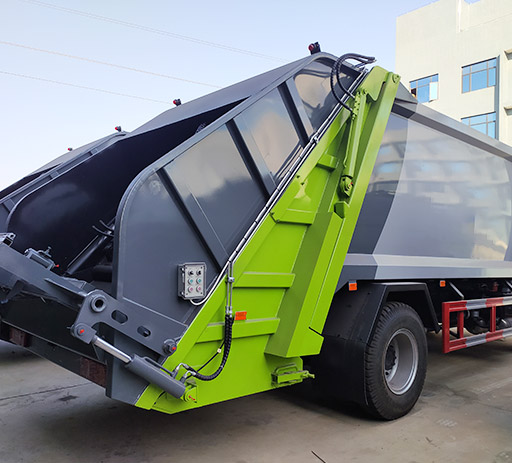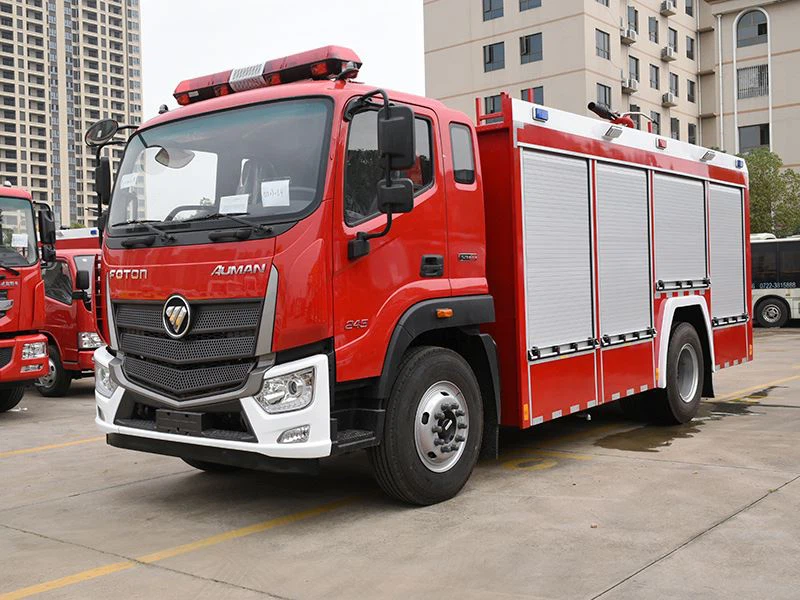Safe and Efficient Propane Cylinder Storage: A Comprehensive Guide

Introduction
Propane cylinders are essential for various applications, including grilling, heating, and fueling appliances. However, improper storage of propane cylinders can lead to serious safety hazards and environmental concerns. This article aims to provide a thorough understanding of propane cylinder storage, ensuring safety and compliance with regulations while maximizing efficiency. We’ll cover everything from best practices and safety tips to legal requirements, storage solutions, and frequently asked questions.
Understanding Propane and Its Uses
What is Propane?
Propane is a colorless, odorless gas at room temperature, often used as a fuel for heating, cooking, and powering vehicles. It is stored in pressurized cylinders, which require careful handling and storage.
Common Uses of Propane
- Grilling and barbecuing
- Heating residential and commercial spaces
- Powering appliances like water heaters and dryers
- Fueling vehicles, particularly in rural areas
- Industrial applications
Safety Guidelines for Storing Propane Cylinders
General Safety Tips
To ensure safe storage of propane cylinders, adhere to the following guidelines:
- Store cylinders upright, secured, and in a well-ventilated area.
- Avoid exposure to temperatures exceeding 120°F (49°C).
- Keep cylinders away from direct sunlight and heat sources.
- Regularly check for leaks and dents on cylinders.

Ventilation Requirements
Proper ventilation is crucial to prevent the build-up of propane gas, which can be hazardous. A well-ventilated area should allow for the gas to dissipate safely in case of a leak.
Ideal Ventilation Solutions
- Keep storage areas outdoors or in well-ventilated garages.
- Install ventilation fans if using a confined space.
Legal Requirements for Propane Storage
Understanding Local Regulations
Each region may have specific regulations regarding propane storage. It’s important to check local fire codes and housing regulations.
National Fire Protection Association (NFPA) Standards
The NFPA has regulations that dictate proper storage, including:
- Storage distances from buildings and other structures.
- Labeling requirements for storage areas.
Choosing the Right Storage Location
Ideal Outdoor Spaces
When deciding where to store propane cylinders, consider:
- Distance from homes and other structures (generally 10 feet or more).
- A flat, stable surface to prevent tipping.
- Accessibility for refilling and usage.
Indoor Storage Considerations
If indoor storage is necessary, take the following precautions:
- Ensure excellent ventilation.
- Keep cylinders away from ignition sources.
- Install emergency release systems if needed.
Effective Propane Cylinder Storage Solutions
Storage Racks
Using proper racks can enhance safety and organization. Consider investing in propane cylinder storage racks that:
- Hold multiple cylinders securely.
- Are made of non-combustible materials.
Cylinder Covers
Protecting cylinders from weather elements can prolong their lifespan. Cylinder covers should be:
- Weather-resistant
- Well-fitted without blocking ventilation
Maintenance and Inspection of Propane Cylinders
Regular Checks
It’s important to routinely inspect propane cylinders for:
- Rust or corrosion
- Leaks (using soapy water to check connections)
- Physical damage, including dents
Refilling Tips
When refilling cylinders, always:
- Use a certified and professional service.
- Ensure the cylinder is upright during the filling process.
Propane Cylinder Disposal Guidelines
When to Dispose of a Cylinder
Dispose of a propane cylinder when:
- It has visible rust or significant damage.
- It fails inspection or has expired.
Disposal Procedures
Follow these guidelines:
- Contact local waste management for disposal facilities.
- Do not throw away cylinders in regular trash.

FAQs about Propane Cylinder Storage
1. How long can propane be stored in cylinders?
Propane can be stored indefinitely if the cylinder is properly maintained and kept in a safe environment.
2. Can I store propane cylinders indoors?

Storing propane indoors is not generally recommended unless specific safety measures are in place, such as ventilation and distance from ignition sources.
3. What should I do if I smell propane?
If you smell propane, evacuate the area immediately and contact your local fire department or propane supplier. Do not attempt to locate the leak yourself.
4. Are propane cylinders refillable?
Yes, propane cylinders are refillable. Ensure you take them to a certified refilling station.
5. How often should I inspect my propane cylinders?
Inspect your propane cylinders at least once every month or before each use to ensure they are in safe condition.
6. What is the maximum number of propane cylinders I can store?
The number of cylinders you can store may depend on local regulations. Always check with your local fire department or municipality for specific limits.
